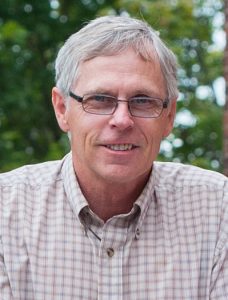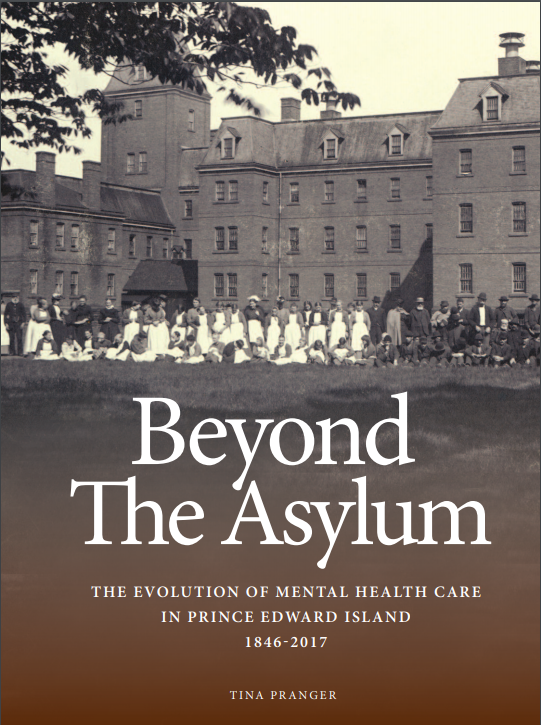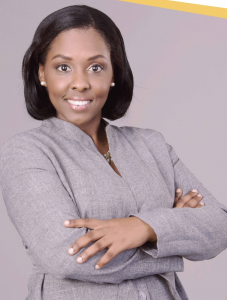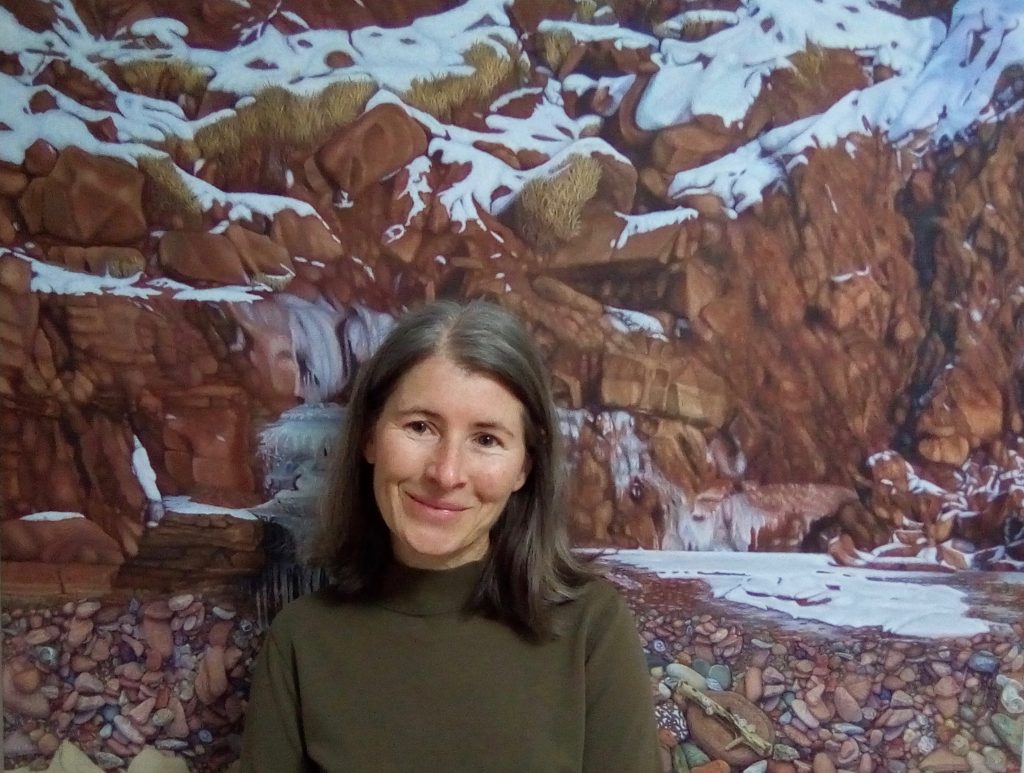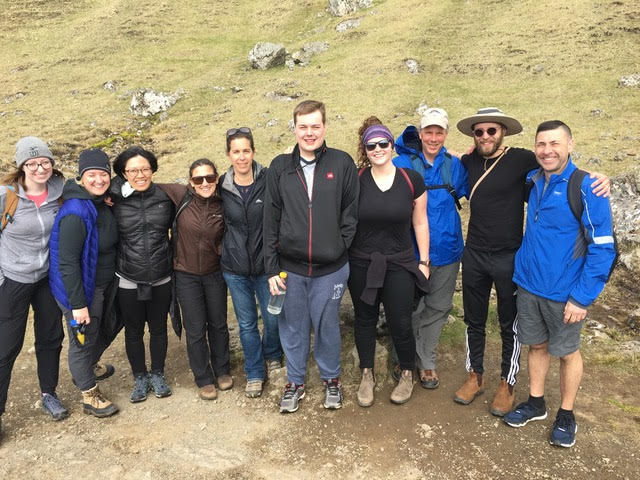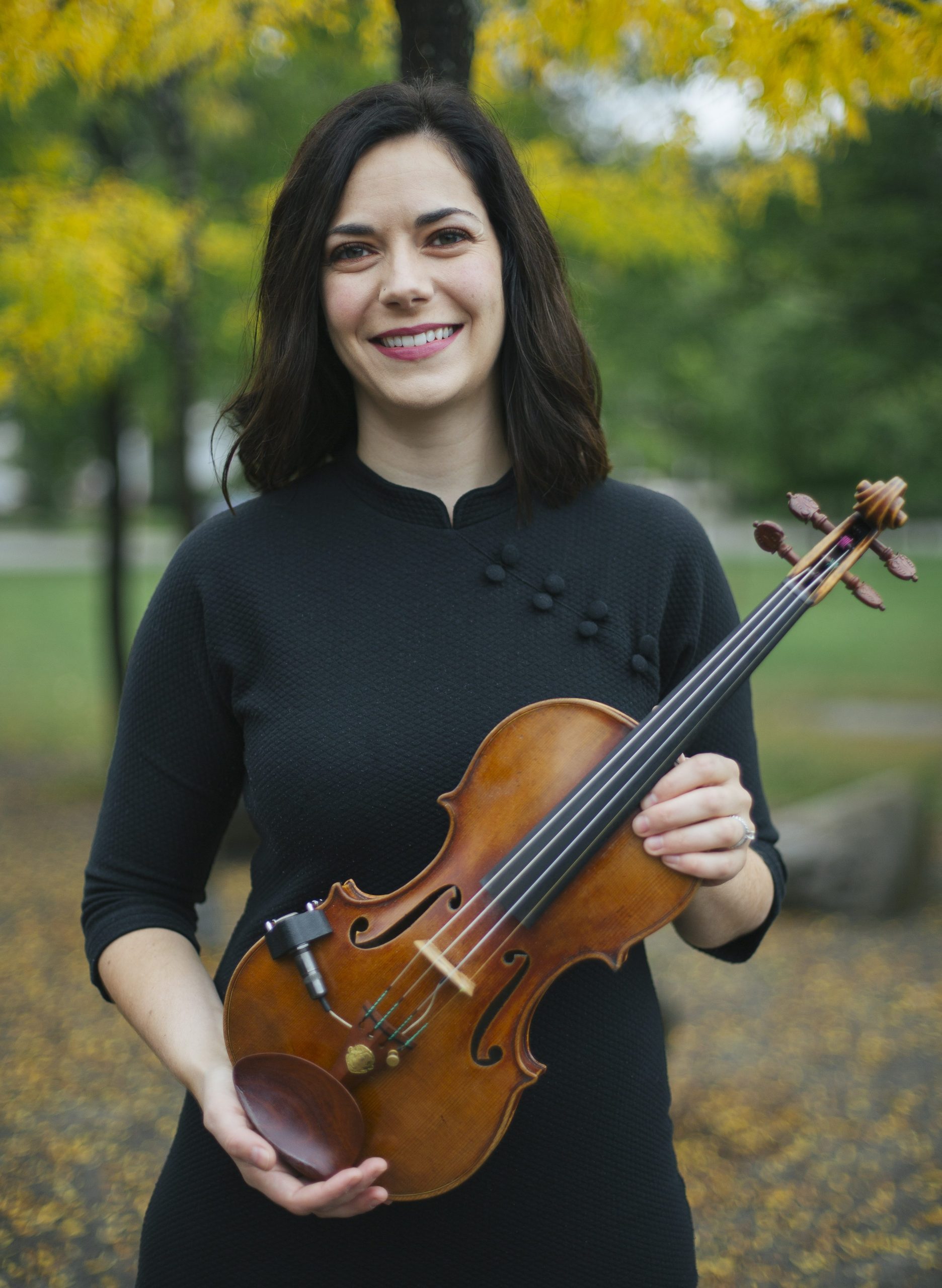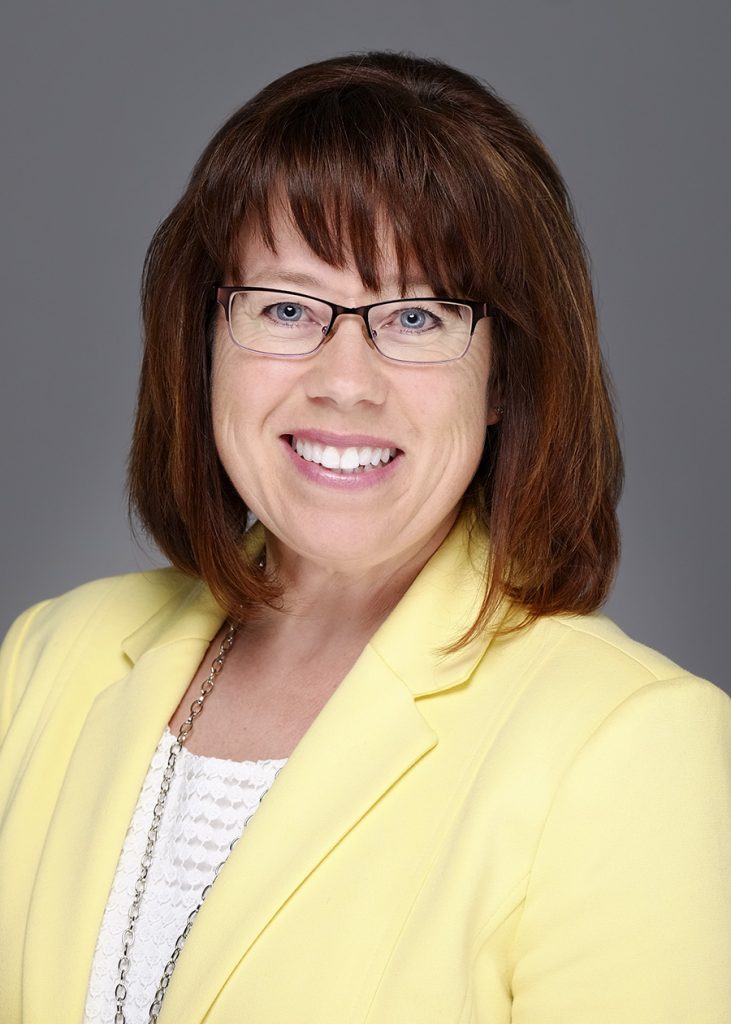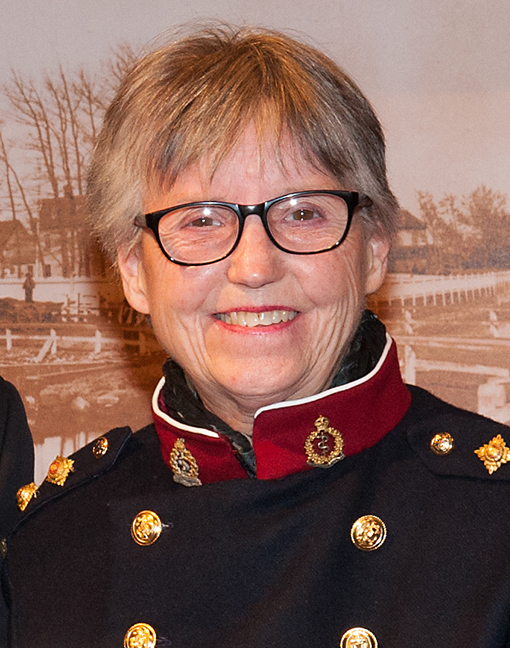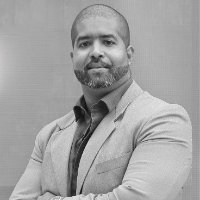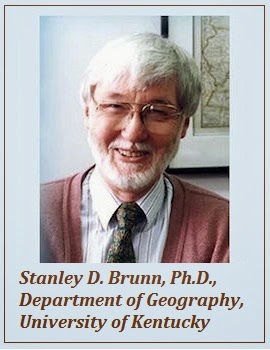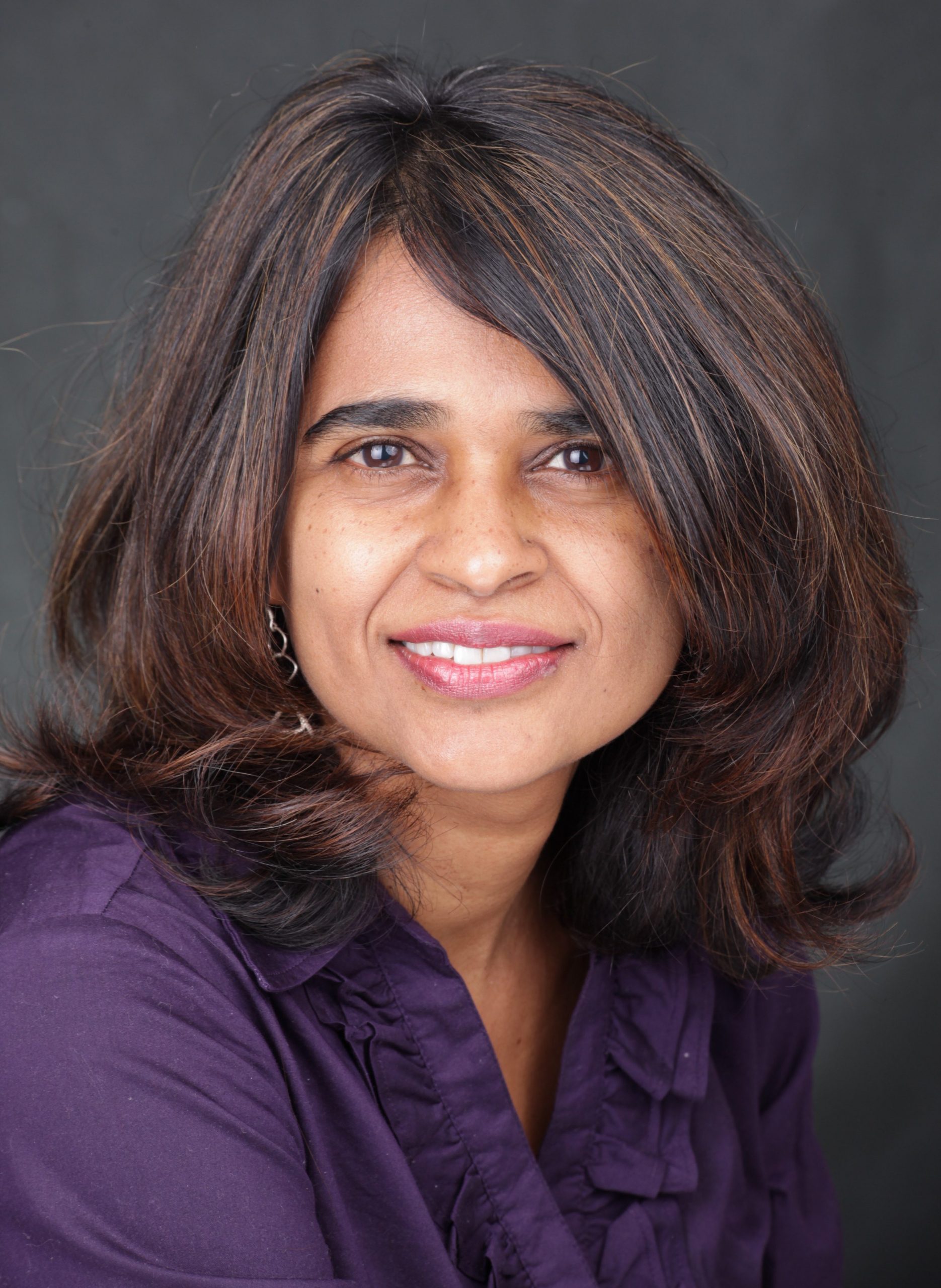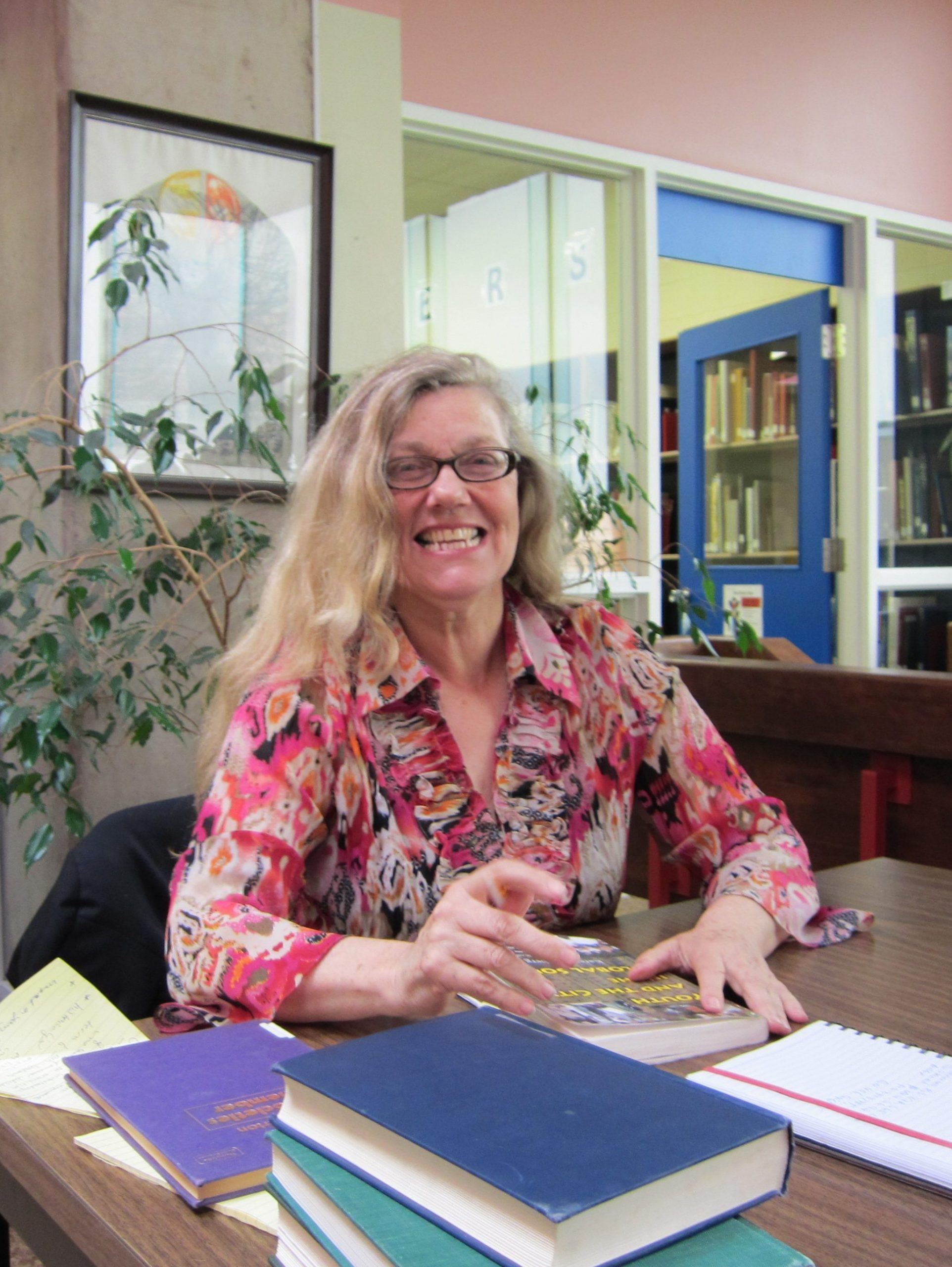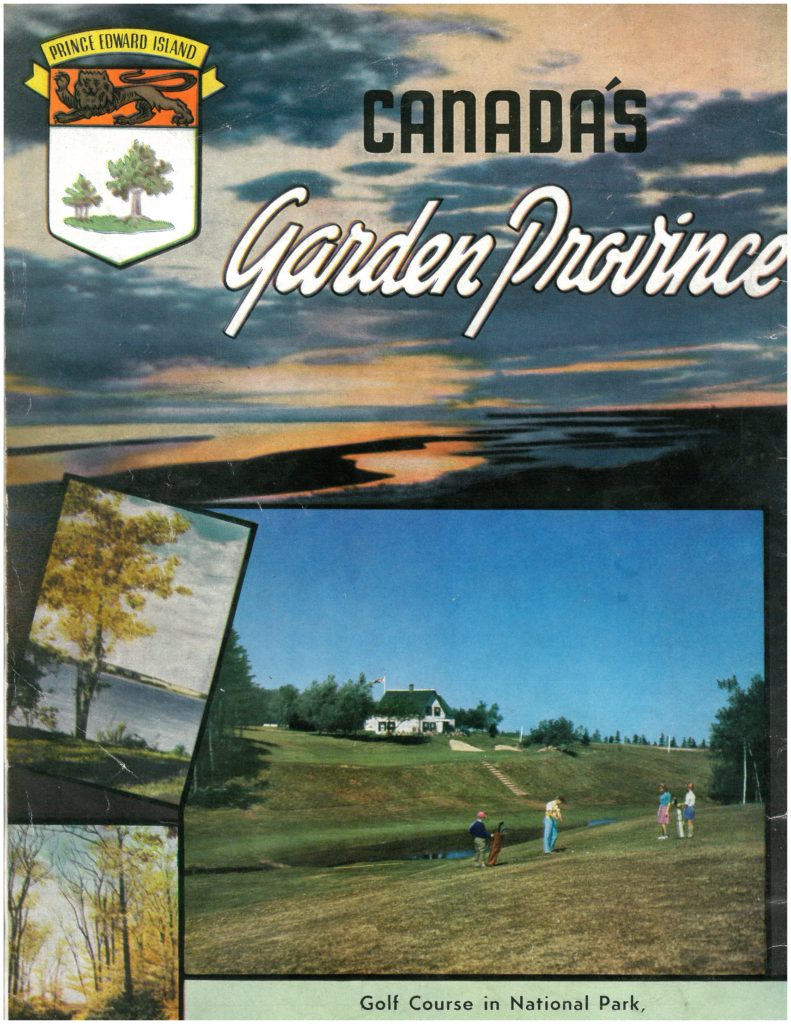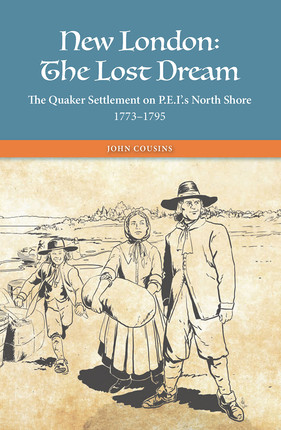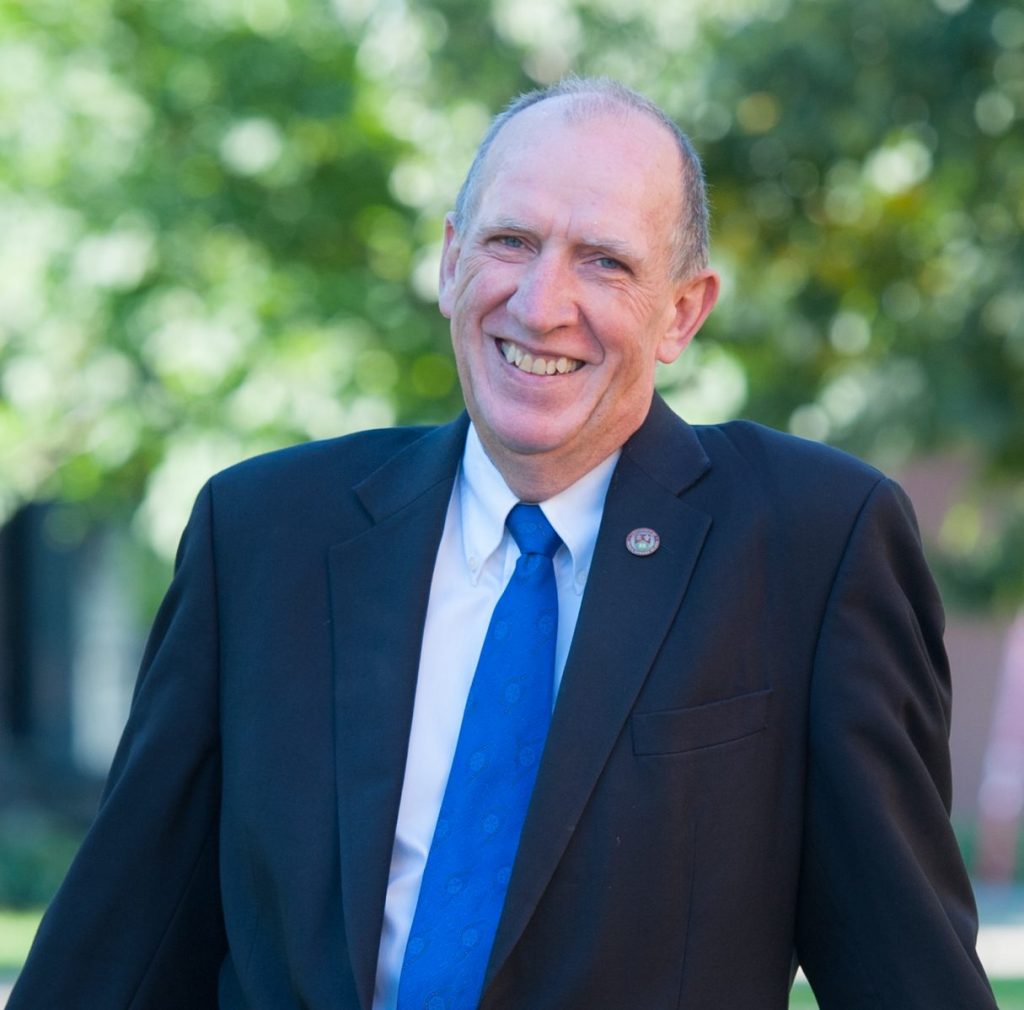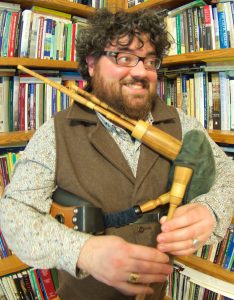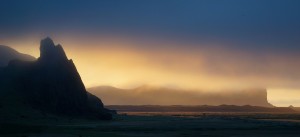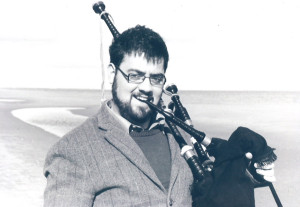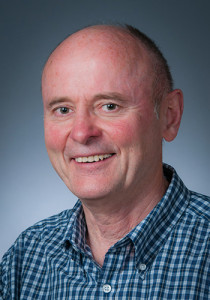Island Lecture Series
The Island Lecture Series is hosted by the Institute of Island Studies in partial fulfillment of its mandates to serve as a bridge between the University and island communities, encourage knowledge and understanding of Prince Edward Island, and link global and local island communities, research, and experiences.
The Island Lecture Series takes place annually during the academic year (September–May) and features presentations from and discussions with local and global island scholars, authors, and community members.
In Autumn 2020, we began hosting our Island Lecture Series events virtually via Zoom, allowing audience members to join us from around the world (and the comfort of their own homes). The recordings are available here and on the Institute of Island Studies YouTube channel.
Island Lecture Series | Archive (2014 – 2020)
FEBRUARY 2020
The Goose and the Golden Egg:
The Environmental Turn in Island Tourism, 1970-1990
with Dr. Ed MacDonald
Tourism has always traded on Prince Edward Island’s pastoral landscape and pristine beaches, but as the old summer trade became mass tourism in the 1970s, promoters and planners began to worry that uncontrolled development would kill the goose that laid the golden egg. Promotion and protection made uneasy bedfellows during the decade of the 1970s and ’80s. This lecture, based on a forthcoming history of Island tourism, will explore the sometimes controversial connection between tourism and the environment.
More details (and video)
JANUARY 2020
Beyond the Asylum:
The Evolution of Mental Health Care in Prince Edward Island, 1846-2017
with Dr. Tina Pranger
How we as Islanders have historically cared for people requiring mental health care has evolved considerably over the last 150+ years. Dr. Tina Pranger’s book, Beyond the Asylum, the first-ever history of mental health care in PEI, richly details the often bumpy evolution of care on Prince Edward Island. This story is an important one for Islanders as it reflects who we were, who we are now, and who we could be in terms of how we care for people who live with mental illness.
More details (and video)
DECEMBER 2019
“Don’t Discard the Utilitarian Aims”: Revisiting the UK Prison Offer
with Dr. Dacia Leslie
After carrying out research into Jamaica’s correctional reforms, Dr. Dacia Leslie argues that the process by which government decisions are implemented should produce tangible results that meet the needs of citizens, while making the best use of resources. As such, the utilitarian aims of the UK Prison Offer should not be ignored. Dr. Leslie’s talk offers a pragmatic lens through which we might gain deeper insight into the justifications for Jamaica’s rejection of the offer.
More details | Learn more about Dr. Dacia Leslie and her research
NOVEMBER 2019
Shifting sands: Capturing climatic and cultural change through art
with Brenda Whiteway
The passage of time, transitions in nature, and shifting patterns of life have been recurrent themes in Brenda Whiteway’s creative work. In this presentation, she discusses her most recent undertaking, the White Sands PEI Shoreline Project.
OCTOBER 2019
UPEI and the Faroe Islands International Community Energy Challenge
In this presentation, six UPEI students, along with Professor Anna Demeo from the Sustainable Design Engineering School, talk about an experiential learning opportunity that took them to the Faroe Islands in May 2019: The Faroe Islands International Community Energy Challenge.
More details (and video)
MARCH 2019
From policy to action: Lessons from Samsø
with Jocelyn Plourde
Jocelyn Plourde speaks about his Island Studies Master’s research in Samsø, Denmark. “From Policy to Action” is a research project that delves into the link between public policy and the deployment of renewable energy systems. At the heart of the research is a case study of the Danish island community of Samsø.
More details (and video)
FEBRUARY 2019
More than sun and pineapples: A look into the culture of astronomical sciences in Hawai’i
with Emerald Naylor
Island Studies Master’s student Emerald Naylor shares her observations of astronomy culture and the importance of showcasing both Western and Hawaiian perspectives. Emerald’s project focuses on the impact of the 13 telescopes on Maunakea and how relationships between Hawaiians and Western astronomers are navigated. She also discussed what the current tensions may mean for the future of astronomy on Maunakea.
More details (and video)
JANUARY 2019
“To be free is very sweet”: The story of Mary Prince, a West Indian slave
with Dr. Margôt Maddison-MacFadyen
Mary Prince is the first known Black woman to escape colonial enslavement, tell her story of survival, and have it compiled and written down. Join Dr. Margôt Maddison-MacFadyen on an historical-geographical journey through Mary Prince’s life, where she details primary source evidence that not only confirms Prince’s testimony, but broadens her story of slavery and freedom.
More details (and video)
DECEMBER 2018
Space and Place in Musical Identity on PEI: A Sonic Habitus
with Dr. Kate Bevan-Baker
A culture is often defined by its music, language, and traditions that are passed down from one generation to the next. In this lecture, Dr. Kate Bevan-Baker maps out Irish sonic territories across Prince Edward Island and explores the musical place and mobility of the music’s performers and listeners.
More details (and video)
NOVEMBER 2018
The Life and Times of Dr. Leo Frank: A Jewish Fox Rancher
with Dr. Joseph Glass
Hidden away in Stratford, PEI, a small municipal park is named in memory of a former resident, Dr. Leo Frank, a unique individual in the Jewish and general history of PEI. A mysterious character, he made quite an impression on Islanders and his economic, social, and cultural activities were often discussed in the local press. This lecture highlights the story of the man memorialized in this green space in Stratford.
More details (and video)
OCTOBER 2018
Is the “Island way of life” lost when the ferry becomes a bridge?
with Janice Pettit
This presentation, drawn from UPEI Master of Arts in Island Studies (MAIS) graduate Janice Pettit’s exploratory thesis research, provides some insight into whether Prince Edward Island residents still consider themselves islanders and if their island identity has been affected by the fixed connection to the mainland.
More details (and video)
MAY 2018
Anne of Charlottetown and Summerside: L.M. Montgomery’s Urban PEI
with Dr. Kate Scarth
In this presentation, L.M. Montgomery scholar Dr. Kate Scarth asks, how does one of the most insightful writers of PEI and Canada’s literary landscapes grapple with the tensions between modernizing, globally linked, and growing towns and a traditional rural, agriculturally based island? The presentation also offers an urban dimension to a writer usually steeped in rural tradition, but who was writing about a Canada starting to become the urban nation it is today.
More details (and video)
MAY 2018
Alderney: Strengths, Weaknesses, Opportunities, Threats!
with David Earl
A special guest lecture in the Island Studies Lecture Series featured David Earl from Alderney, in the Channel Islands. The aim of this lecture was to paint a picture of the island and its people, as well illustrating its strengths, weaknesses, opportunities, and threats.
More details (and video)
APRIL 2018
The Making of a Canadian Military Nursing Heroine
with Katherine Dewar
This presentation featured author Katherine Dewar speaking about “The Making of a Canadian Military Nursing Heroine.” The heroine in question is Prince Edward Island’s own Georgina Fane Pope (1862-1938) and is the subject of Katherine’s soon-to-be-released book from Island Studies Press, Called to Serve.
MARCH 2018
Overcoming “Small Size” in the Caribbean: The Role of CARICOM
with Dr. Nand C. Bardouille
In this session, IIS Research Associate Dr. Nand C. Bardouille speaks about the important role of regional integration in positioning Caribbean island states to overcome the disadvantages associated with “small size.” Dr. Bardouille traces the key milestones/achievements of and the challenges that confront CARICOM and reflects on CARICOM’s prospects.
More details (and video)
FEBRUARY 2018
Unearthing the mysteries of Prehistoric PEI
with Will Beckett
Prince Edward Island filmmaker/photographer Will Beckett brings his childhood fascination with prehistoric life to the Lecture Series as he speaks about the adventures behind his upcoming Web documentary series, Prehistoric PEI.
More details (and video)
JUNE 2017
The Changing World Language Map: A Megaproject in Progress
with Dr. Stanley Brunn
Island Studies welcomed Dr. Stanley Brunn, Professor Emeritus from the University of Kentucky, one of the most well-respected cultural geographers in North America, to present on his current “megaproject”, The Changing World Language Map.
MAY 2017
The Economic Success of Mauritius
with Ouma Cuniah
Mauritius native and now Prince Edward Islander, Ms Ouma Cuniah, speaking about the economic success of her home island, Mauritius. She talked about the drivers behind the economic development of the country and drew comparisons and parallels with other islands that share a similar history, as well as with Prince Edward Island.
APRIL 2017
Saint Helena: An island in flux
with Owen Jennings
In this presentation, Master of Arts in Island Studies student Owen Jennings discussed his research into remoteness and access on the island of Saint Helena. This lecture considers the experience of travelling to and being a researcher on Saint Helena, and what being “a Saint” (as the locals call themselves) might mean as the island’s connection to the rest of the world changes dramatically.
MARCH 2017
“Scale and Governance” on Small Islands
with Dr. Peter Buker
How do size factors of population and geography relate to accountability and responsibility, to efficiency and effectiveness? Citing political theory, public administration, economics, and social “small-scale” literature, and taking into account technological advances, this presentation by Dr. Peter Buker focuses on how scale applies to governance. The implications, especially for small island jurisdictions such as Prince Edward Island, are many.
More details (and video)
FEBRUARY 2017
PEI and the Maggies: Long-standing Connections
with Georges Arsenault
This lecture features Island historian Georges Arsenault speaking about connections between Prince Edward Island and the Magdalen Islands. Arsenault has explored links going as far back as 250 years to the pre–Acadian Deportation years when Islanders sailed to “the Maggies” to participate in the walrus hunt.
More details (and video)
JANUARY 2017
Focus on Ireland
with Erin Rowan and Eoin O Beaglaoich
This session features Island Studies Master’s student Erin Rowan speaking about her thesis research. Erin’s research explores a dark time in Irish history, the Great Potato Famine (1845-1852), and how this period was felt and experienced by the people of Valentia Island and Cahersiveen. The subtle differences in Famine experience between these two places show the effects of islandness and peripherality on this important period in Ireland’s history.
Erin was joined by Eoin O Beaglaoich, a visiting lecturer in Irish culture and language at UPEI and musician in residence at Holland College.
More details (and video)
DECEMBER 2016
The Murderous Mother and the Meanings of Minnie McGee
with Dr. Sharon Myers
In July 1912, 36-year-old Minnie McGee (nee Mary Cassidy, 1875-1953) of St. Mary’s Road was tried and sentenced to hang for the murder of her son. While charged only in the death of 10-year-old John, evidence suggests she had killed all six of her children during the same week that Spring.
Dr. Sharon Myers’ research follows Minnie McGee’s life in and out of institutions, showing a pattern of occurrences in McGee’s “criminal” life where the state chose to discipline and punish with far lighter touch than might be expected.
More details (and video)
NOVEMBER 2016
Stories of Weathering Cyclone Pam in Vanuatu:
Leaf-houses, Flying Foxes, and Body Bags
with Dr. Jean Mitchell
Drawing on interviews with Islanders from the southern Vanuatuan islands that were literally in the eye of 2015’s Cyclone Pam, this presentation recounts stories from those islanders about the cyclone and its aftermath. How social relationships, the gift/kastom economies, local knowledge, nature, and culture are entangled in Vanuatu offer powerful insights into how to survive a cyclone.
OCTOBER 2016
The Romance of Prince Edward Island: A Tour Through the 1941 Visitors’ Guide
with Dr. Ed MacDonald
Along with fellow Islander Alan MacEachern of the University of Western Ontario, MacDonald has been working for many years on a history of Prince Edward Island tourism. In 1941, Prince Edward Island dressed itself up as “The England of Canada” in a bid to attract war-wary American tourists. One visitor saved the guide, adding their own comments in the margins. Six decades later, that guide has come back to the Island. Its pictures, text, ads, and annotations provide a revealing glimpse into an industry that was still struggling to define itself.
More details (and video)
APRIL 2016
New London: The Island’s Lost Dream
with John Cousins
This session featured Prince Edward Island historian and folklorist John Cousins presenting a lecture entitled “New London: The Island’s Lost Dream,” tracing the rise and fall of the “Quaker” village of New London between the years 1773 and 1795. This talk was a sneak preview of a forthcoming book from Island Studies Press.
MARCH 2016
Learning About Islands: Writing an Undergraduate Textbook in Island Studies
with Dr. Jim Randall
Islands have been incredibly important in how we understand the world around us. From our knowledge of evolution, biodiversity, the impacts of climate change, world music, and how adventure novels have influenced our tourist destination choices, islands and islanders have been front and centre. This talk by Dr. Jim Randall is about one mainlander’s journey to discover the importance of islands, and his attempt — in the form of a new textbook — to convey his new-found love of our world of islands to others.
FEBRUARY 2016
“Mar bhlàth an fheòir” (“like the flowering grass”):
Gaelic Language and Song Composition on Prince Edward Island
with Dr. Tiber Falzett
This lecture, “Mar bhlàth an fheòir” (“like the flowering grass”), focuses on the oral and written interfaces in local Scottish Gaelic song composition on Prince Edward Island. Dr. Tiber Falzett investigates a once vibrant, yet fragmentarily documented, tradition of local song composition and performance as expressed throughout the nineteenth- and early twentieth-centuries among Scottish Gaelic speakers on Prince Edward Island.
By engaging both contemporary printed texts as well as sound recordings from fieldwork undertaken among remaining speakers and semi-speakers in the second half of the 20th century, a multifaceted and dynamic body of tradition is capable of being pieced together. In turn, these reassembled fragments of oral tradition can be reinterpreted to reveal a multi-accentual dynamic in what has since become a silenced ethno-linguistic community. Ultimately, it is intended to place these expressive forms of intangible cultural heritage as created and carried down by Gaelic-speaking Islanders in the context of the wider multicultural zone of the Canadian Maritimes to which they once belonged.
Learn more about Dr. Tiber Falzett and his research
JANUARY 2016
“So you want to go to Iceland…”
with David Cairns
In the past several years, travel by Prince Edward Islanders to Iceland has grown from a rarity to a phenomenon. “So you want to go to Iceland…” offered a guide for both the never-been-there-yet set, and for experienced travellers looking for new ways to scratch their Iceland itch. The program included Icelandic basics, a sample itinerary, a chance to question veteran Icelandic trippers, and a showcase of Iceland photos submitted by the public. There was an opportunity for informal discussion and travel-tip-sharing during the intermission and afterward.
MAY 2015
Guthan an Eilein: Island Gaelic Voices
with Dr. Tiber M. Falzett
In this presentation, IIS Research Associate Dr. Tiber Falzett discussed how Scottish Gaelic language and culture has passed down through generations on Prince Edward Island.
Through oral traditions, music, songs, poetry, newspaper articles, and census returns, attendees were taken on a journey in the life of Scottish Gaels on Prince Edward Island from their arrival on these shores to the decline and eventual disappearance of the language from everyday Island life by the close of the last century.
Excerpts of field recordings made by Dr. John Shaw for the Institute of Island Studies in 1987, as well as earlier recordings made by others, served as primary vehicles in our explorations. During this session, Tiber played these Gaelic recordings and provided English translations. This small but significant collection of recordings holds tremendous potential for the homegrown linguistic and cultural renewal of these local traditions at the communal level.
Learn more about Dr. Tiber Falzett and his research
SEPTEMBER 2014
Mapping the Pre-settlement Forests of Prince Edward Island
with Dr. Doug Sobey
Dr. Doug Sobey, a Research Associate of the University’s Institute of Island Studies, and formerly at the University of Ulster, gave an illustrated public talk on the results of a study carried out by himself and William Glen (formerly of the Forestry Division) into the forest descriptions found on manuscript maps housed in the P.E.I. Public Archives dating from the 18th and early 19th centuries.
Dr. Sobey discussed what the descriptions on the maps reveal about the Island’s forest-types before their destruction by clearance and fire. His research has been carried out with the support of both the Institute of Island Studies and the Forests, Fish and Wildlife Division of the P.E.I. Department of Agriculture and Forestry. The lecture included the launch of a recently published research report on the subject.
Learn more about Dr. Doug Sobey and his research
